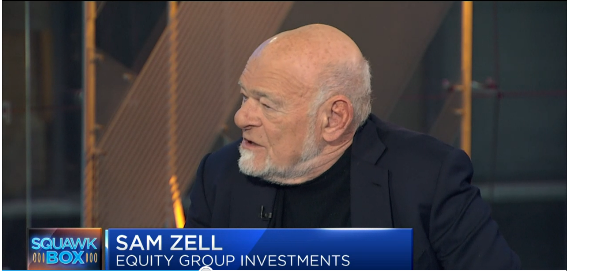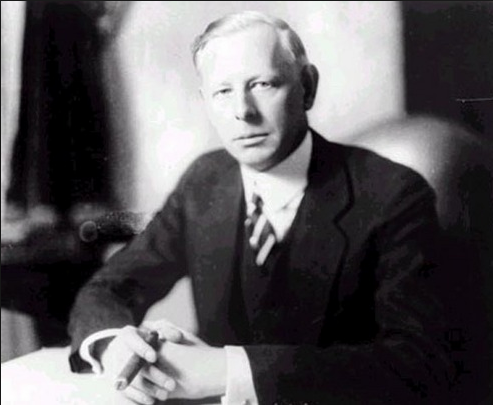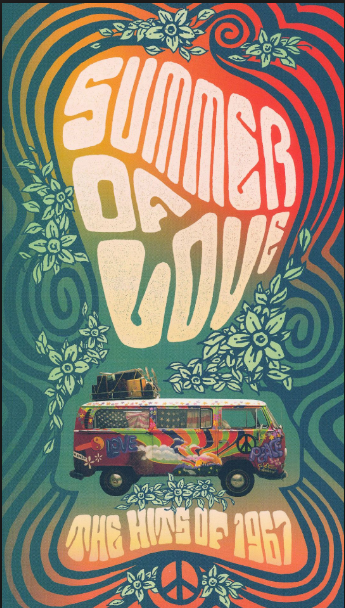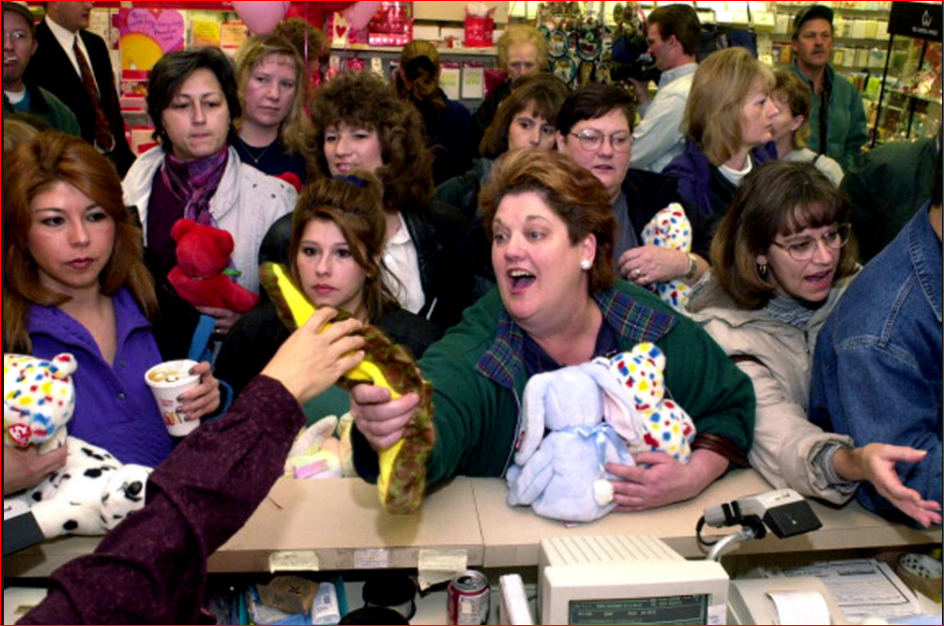Quart claims members of the middle class are happy idiots, encouraged to do what they love, while being pummeled by capitalism, no union protections, and a frayed social safety net.
All in Book Review
Socialist Chic
Rothbard’s reservation was, "There are increasing tendencies for the Panthers to abandon black nationalism almost completely for the Old Left virus of black-white Marxist working-class action." He wisely noted "an unfortunate eagerness to reach out and make alliances with white radicals,
The Kingdom of Tom Wolfe
After Wolfe’s passing, I read his last, “The Kingdom of Speech,” a book that was reportedly “not well received by critics.” Many of his books weren’t “well received” yet sold well enough for him to live in a 12-room apartment in New York.
Think and Decide Like a Poker Player
Mr. Books the gunfighter was thinking the way poker players think: in bets. Former poker pro Annie Duke’s new book Thinking in Bets: Making Smarter Decisions When You Don't Have All the Facts, makes us think of our decision making not in a 50/50 way, or a zero percent--100 percent way, but account for those unknowns or as Books said, have “that third eye.”
America's Fantasy
Kurt Andersen writes in his book “Fantasyland How America went haywire: A 500-year history,” the current president is “stupendous Exhibit A” in the landscape of “Fantasyland,” a fitting leader for a nation that has, over the centuries, nurtured a “promiscuous devotion to the untrue.”
Thank the Fed for Workamping
Bruder’s book is chalk full of sad stories of layoffs, foreclosures, and lack of family support. At the same time, these nomads, workampers or rubber tramps, are a resilient bunch, who left behind the costs and responsibilities of real estate for “wheelestate” to survive their golden years.
The Libor Scapegoat
So bankers who have trillions in derivative bets dependent on the direction of Libor, participate in the setting of the rate. What could go wrong?
Politically Incorrect Architecture
“Abolish social housing, scrap prescriptive planning regulations and usher in the wholesale privatisation of our streets, squares and parks,” wrote Oliver Wainwright who was paraphrasing comments made by Patrik Schumacher shocking his architect colleagues in Berlin. Suddenly, Schumacher became “the Trump of architecture."
Business Rebel Plays the Austrian Business Cycle (and wins)
Zell explains that entrepreneurs think differently. “It’s about how you perceive the world,” he writes. “Entrepreneurs are the ones who are always looking for opportunities to do things better. They don’t just recognize problems; they see solutions.”
The Boy Plunger: Triumph and Tragedy
If he were alive today, the great Jesse Livermore would, no doubt, be preparing as he did in 1929--to make a killing.
Ravens Discovered to have Low Time Preferences
“ravens anticipate the nature, time, and location of a future event based on previous experiences. The ravens' behavior is not merely prospective, anticipating future states; rather, they flexibly apply future planning in behaviors not typically seen in the wild.”
America's Troubles: The Boomers or Democracy?
"There is something wrong with the Boomers and there has been for a long time,” writes Gibney in the forward to A Generation of Sociopaths: How the Baby Boomers Betrayed America and the author’s beatings continue for 400 plus pages.
The Cake, the Rain, and Positive Mood
Jimmy Webb, writes in his new book The Cake and the Rain, “My imagination soared under the influence of these Beatles (and “world class LSD”). Sgt. Pepper was nothing less than a heroic album. It was as important as any music ever written.”
Extraordinary Cuddly Delusions and the Madness of Crowds
Easy money and the allure of certain riches have trapped speculators for centuries. A bubble that is easy to see in hindsight seduces the imagination while in progress, whether the trading is in tulips or teddy bears.
Rickards emphasizes that economic order emerges spontaneously from economic complexity instead of being imposed by central bankers and their policies. So what we have now with central bank central planning is disorder and continuous malinvestment.
The Independent Institute’s Boom and Bust Banking: The Causes and Cures of the Great Recession features multiple authors but puts the blame for the crisis with one institution–the Federal Reserve.
The shy undertaker was not a swashbuckling Randian hero or libertarian firebrand, but a passive-aggressive political manipulator.
It's exhilarating to read about working people who do their job better than anyone in the world. These people will never be wealthy or famous, but every day they do a job faster and better than anyone. Bourdain introduces readers to one of these gifted and productive people, in the kitchen at New York City's premier fish restaurant, Le Bernardin.
"If there is such a thing as dog-eat-dog capitalism, this must be it — with customers holding the leash."
If not for metaphors I doubt I could understand much of the modern world. So much of what it takes to produce what you're looking at right now I can't begin to fathom. But this lack of knowledge doesn't absolve me from making decisions involving this modern technology.
The author draws from a variety of disciplines in his quest to understand booms and crashes, spending the first part of the book explaining the lenses that he uses to examine these events. He disposes of the efficient-market hypothesis in his microeconomic lens and instead opts for George Soros's theory of reflexivity.
Thankfully, the Yale instructor is clearer in his writing than Mr. Soros. Instead of higher prices meaning lower demand and lower prices increasing demand thus leading to equilibrium and efficient markets, reflexivity takes into account human behavior.














